在Mybatis中,处理枚举类的TypeHandler有两个:
- EnumTypeHandler: 用于保存枚举名
- EnumOrdinalTypeHandler: 用于保存枚举的序号。
在实际项目中,以上往往不能满足我们的需求。
需求分析
枚举需要包含两个属性,label(用于显示), value(实际的枚举值)。数据库保存枚举值(value)。
这很明显Mybatis提供的两个枚举TypeHandler不能满足我们的需求。此时,我们可以自定义一个通用的枚举TypeHandler来满足我们的需求。
自定义枚举TypeHandler
通用枚举DisplayedEnum
public interface DisplayedEnum {
String DEFAULT_VALUE_NAME = "value";
String DEFAULT_LABEL_NAME = "label";
default Integer getValue() {
Field field = ReflectionUtils.findField(this.getClass(), DEFAULT_VALUE_NAME);
if (field == null)
return null;
try {
field.setAccessible(true);
return Integer.parseInt(field.get(this).toString());
} catch (IllegalAccessException e) {
throw new RuntimeException(e);
}
}
@JsonValue
default String getLabel() {
Field field = ReflectionUtils.findField(this.getClass(), DEFAULT_LABEL_NAME);
if (field == null)
return null;
try {
field.setAccessible(true);
return field.get(this).toString();
} catch (IllegalAccessException e) {
throw new RuntimeException(e);
}
}
static <T extends Enum<T>> T valueOfEnum(Class<T> enumClass, Integer value) {
if (value == null)
throw new IllegalArgumentException("DisplayedEnum value should not be null");
if (enumClass.isAssignableFrom(DisplayedEnum.class))
throw new IllegalArgumentException("illegal DisplayedEnum type");
T[] enums = enumClass.getEnumConstants();
for (T t: enums) {
DisplayedEnum displayedEnum = (DisplayedEnum)t;
if (displayedEnum.getValue().equals(value))
return (T) displayedEnum;
}
throw new IllegalArgumentException("cannot parse integer: " + value + " to " + enumClass.getName());
}
}
说明:
普通枚举类通过实现DisplayedEnum接口,就可以:
- 通过getValue()获取枚举值。
- 通过getLabel()获取枚举的label属性。
- 通过valueOfEnum()将Integer值转换为指定的枚举类型。
普通枚举类
public enum CommonsType implements DisplayedEnum {
NORMAL("正常", 0), INVALID("无效", 1);
String label;
Integer value;
private CommonsType(String label, Integer value) {
this.label = label;
this.value = value;
}
}
以上就是一个普通枚举类的示例。
自定义枚举TypeHandler
@MappedJdbcTypes(value = JdbcType.TINYINT, includeNullJdbcType = true) public class DefaultEnumTypeHandler extends BaseTypeHandler<DisplayedEnum> { private Class<DisplayedEnum> type; public EnumTypeHandler(){}; public EnumTypeHandler(Class<DisplayedEnum> type) { if (type == null) throw new IllegalArgumentException("Type argument cannot be null"); this.type = type; } @Override public void setNonNullParameter(PreparedStatement ps, int i, DisplayedEnum parameter, JdbcType jdbcType) throws SQLException { ps.setInt(i, parameter.getValue()); } @Override public DisplayedEnum getNullableResult(ResultSet rs, String columnName) throws SQLException { return convert(rs.getInt(columnName)); } @Override public DisplayedEnum getNullableResult(ResultSet rs, int columnIndex) throws SQLException { return convert(rs.getInt(columnIndex)); } @Override public DisplayedEnum getNullableResult(CallableStatement cs, int columnIndex) throws SQLException { return convert(cs.getInt(columnIndex)); } private DisplayedEnum convert(int status){ DisplayedEnum[] objs = type.getEnumConstants(); for(DisplayedEnum em: objs){ if(em.getValue() == status){ return em; } } return null; } }
使用我们自定义的DefaultEnumTypeHandler
由于Mybatis默认在处理枚举类型的时候会使用EnumTypeHandler(只保存及转换枚举类型的名字), 因此,我们需要手动指定使用DefaultEnumTypeHandler。示例如下:
<resultMap id="xxx" type="xxx"> ... <result column="type" jdbcType="TINYINT" property="type" typeHandler="xxx.xxx.xxx.DefaultEnumTypeHandler" /> ... </resultMap>
即我们需要通过使用typeHandler来指定。
© 版权声明
本文刊载的所有内容,包括文字、图片、音频、视频、软件、程序、以及网页版式设计等部门来源于互联网,版权均归原作者所有!本网站提供的内容服务于个人学习、研究或欣赏,以及其他非商业性或非盈利性用途,但同时应遵守著作权法及其他相关法律的规定,不得侵犯本网站及相关权利人的合法权利。
联系信息:邮箱aoxolcom@163.com或见网站底部。
联系信息:邮箱aoxolcom@163.com或见网站底部。
THE END



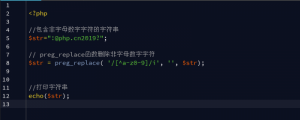

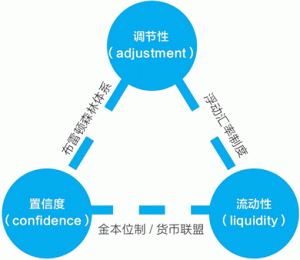

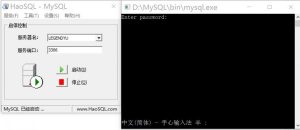

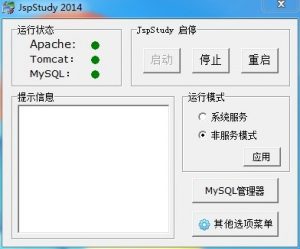
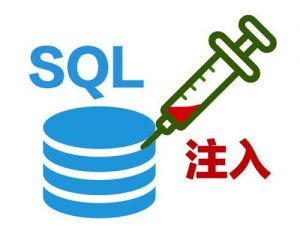

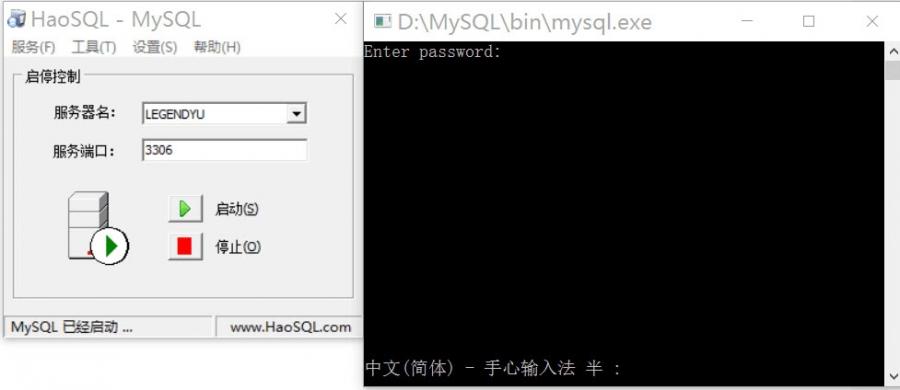


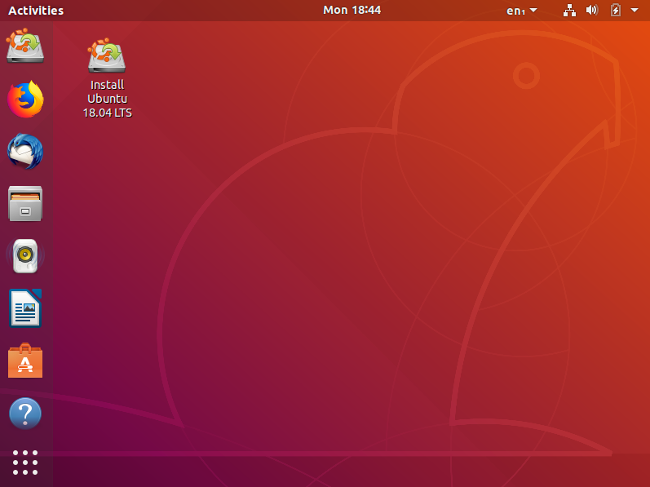



请登录后发表评论
注册
社交帐号登录